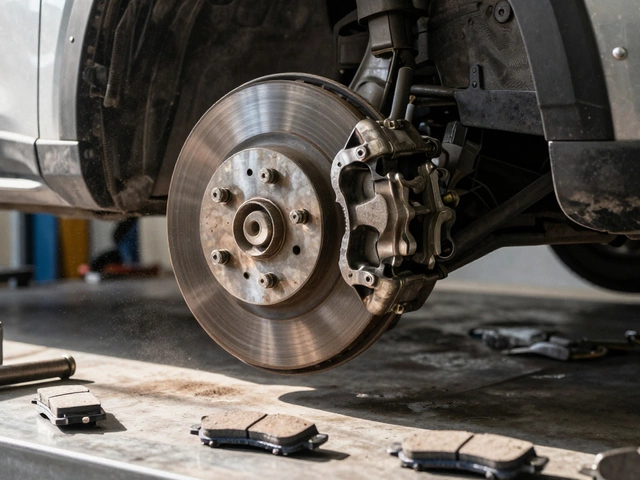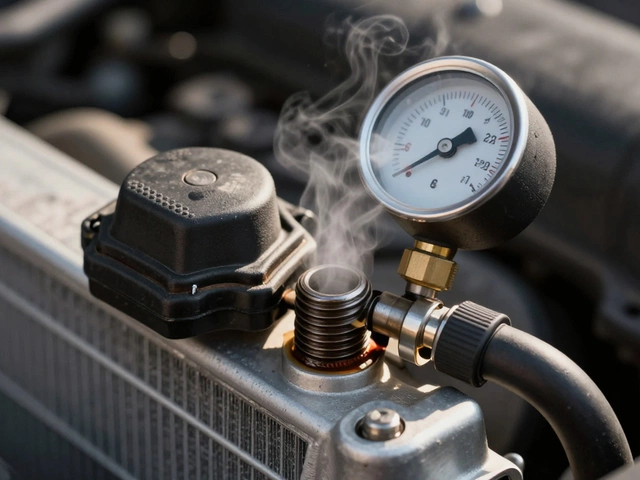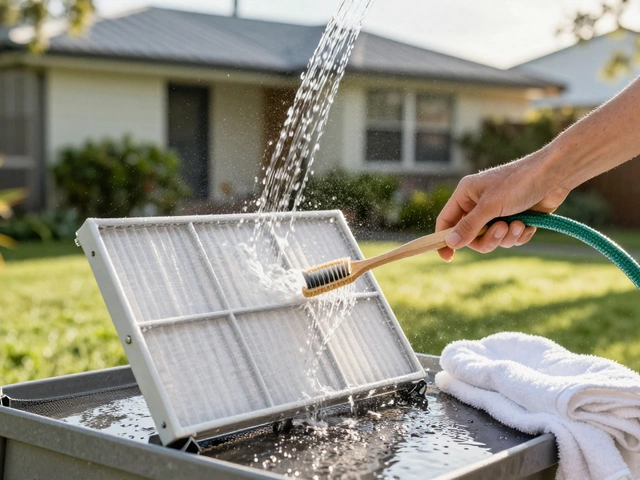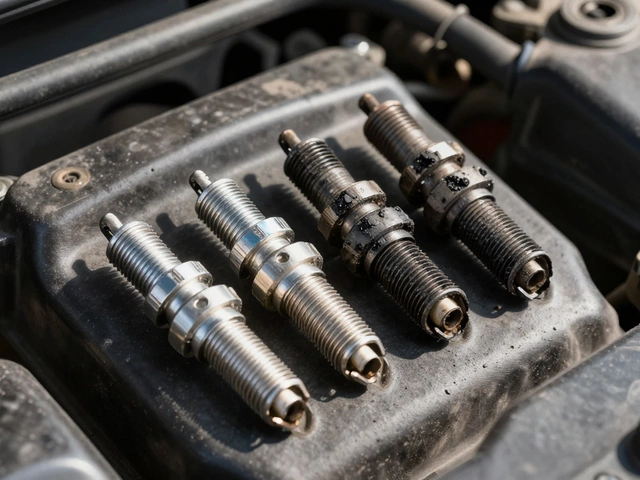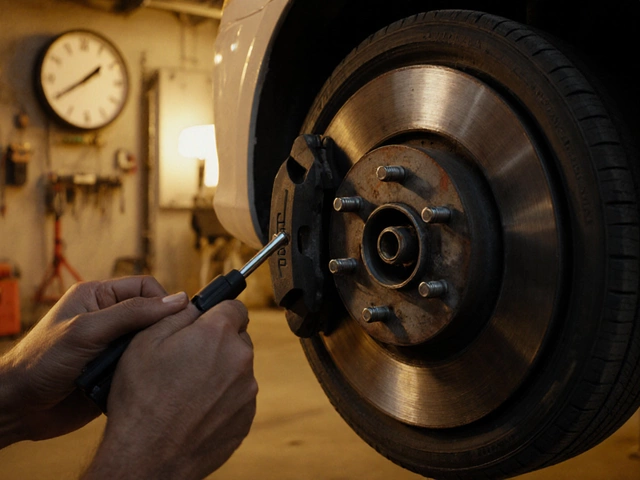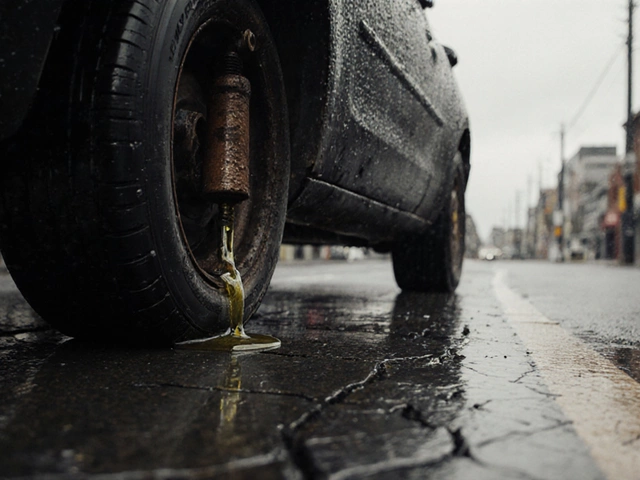Clogged Air Filter: Signs, Risks, and Simple Fixes
If your engine is choking on dust, the culprit is probably a clogged air filter. A dirty filter blocks airflow, making the engine work harder. The result is lower power, higher fuel use, and more wear on internal parts. Luckily, spotting a bad filter and fixing it is easy and cheap.
How to Know Your Filter Is Clogged
First, listen for a rough idle. When the car shakes at a stop, the engine isn’t getting enough clean air. Next, check fuel mileage. A sudden drop of a couple of miles per gallon often points to a blocked filter. Finally, feel the throttle response. If the car feels sluggish after you press the gas, the filter could be the reason.
Most filters sit in a rectangular box under the hood. Pull the cover off and you’ll see a paper or foam element. If it looks dark, dusty, or crumpled, it’s time to act.
Cleaning vs. Replacing
Paper filters are cheap and meant to be replaced, not cleaned. A new filter usually costs less than $15 and takes a few minutes to install. Foam filters can be washed and reused. To clean a foam filter, spray it with a mild detergent, rinse with low‑pressure water, let it dry completely, and then oil it lightly before putting it back.
Never reuse a paper filter – it loses its ability to trap particles once it’s saturated. If you’re on a tight budget, a reusable foam filter can stretch your money further, but keep an eye on its condition and replace it when it can’t be cleaned properly.
When you replace the filter, make sure the seal is snug. A loose filter can let unfiltered air into the engine, causing the same problems you were trying to fix. Double‑check the rubber gasket for cracks and replace it if needed.
Regular maintenance makes a big difference. Most manufacturers recommend checking the air filter every 12,000 miles or once a year, but if you drive on dusty roads, do it more often. A quick visual check can save you from costly fuel bills and engine strain.
In short, a clogged air filter is a small part that can cause big headaches. Catch the signs early, clean or replace the filter, and you’ll notice smoother acceleration, better fuel economy, and a healthier engine. Keep it simple – a clean filter keeps your car happy.

Essential Signs Your Air Filter Needs Replacement
A clean air filter is crucial for maintaining good air quality in your home and ensuring your HVAC system functions efficiently. Recognizing when your air filter needs changing is vital, and various indicators such as dust accumulation, increased energy bills, and unusual noises can help determine the need for a swap. Regular maintenance of air filters not only keeps your home environment healthy but also avoids unnecessary costs in the long run. Understanding how to check and replace your air filters ensures a safer and more comfortable living space. In this guide, we'll delve into the signs, benefits, and steps to effectively manage your air filter maintenance.
CONTINUE READING